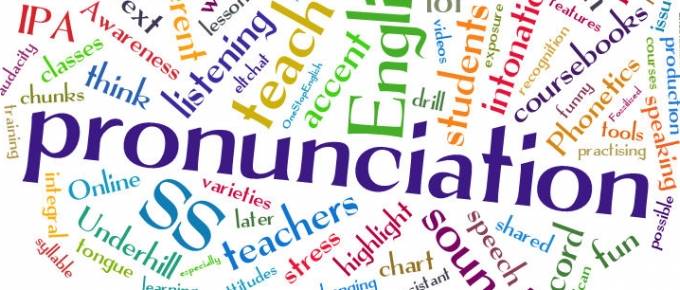
The ManicaPost

Friday Lessons with Uncle Jay
The cornerstone of learning any language is pronunciation, and English pronunciation is no different. But is English pronunciation difficult?
This depends on several factors, such as your native language or whether you’ve learned another language with similar pronunciation already.
Top mistakes to avoid:
When you seek better English pronunciation, an important step is learning how not to pronounce words or letter combinations. Here’s an overview of the five most common mistakes English-learners make in their English pronunciation.
· Pronouncing everything exactly how it’s spelled
This is a very common issue that English learners face, and it’s easy to see why. Because words should be pronounced how they’re spelled, right? But as most people can probably attest to, language isn’t always quite that simple.
Take for example the word “flow.” The last two letters, ow, don’t take on their normal pronunciation sounds (which would sound like someone saying “ow), and instead make the sound of a long “o.”
Learning to avoid odd cases like this will take a combination of memory, practice, and studying English-language rules.
· Confusing the different “th” sounds
Another common mistake English learners make is confusing the harsher and softer “th” sounds.
For example, “that” and “there” both possess the harsher “th” sound. On the other hand, the words “through” and “thought” have a softer sound.
Try saying this sentence with the correct “th” pronunciations (harsher ones are bolded, and softer ones are italicized):
“What’s that over there?” Albert thought.
· Not including the last syllable of words
The last part of a word is just as important as the rest of it, so it’s important to include the pronunciation of the last syllable. Failing to do so is common in words that end in “-ed” or “-s,” as these are short syllables and are placed at the end. But not including these syllables can result in seemingly poor grammar or spelling, even if you know these aspects of the language!
For example, you may know that “makes” is the present-tense version of the word “make.” You may spell it appropriately on paper and know what it means when reading, but if you don’t actually make an effort to pronounce the “-s” at the end while speaking, people will think your grammar is poor!
It can be hard to break the habit of dropping the last syllable, but with a little effort and lots of practice, you can avoid this issue in the future.
· Not stressing sounds correctly
This mistake is similar to the one above, though it can happen during any part of the word. Failing to stress sounds properly while speaking can hinder your fluency and even change the way that people interpret what you’re saying.
For instance, putting too much emphasis on certain sounds can make you sound angry or rushed, while not putting enough emphasis on other sounds can make you hard to understand.
Again, effort and practice can help you overcome these issues.
· Speaking too fast
Speaking too fast can make all the other mistakes harder to avoid, and is something even native English-speakers struggle with sometimes. Whether you tend to speak quickly to try and sound more fluent or because you’re nervous and want the sentence to end, it’s important to try and slow down.
By speaking more slowly, you’re not only making yourself easier to understand but you’re also allowing yourself to be more cautious about what you’re saying and how you’re saying it. You can stop mistakes before they happen or more easily go back and correct yourself if you’ve made a mistake in your English pronunciation. – www.englishclass101



